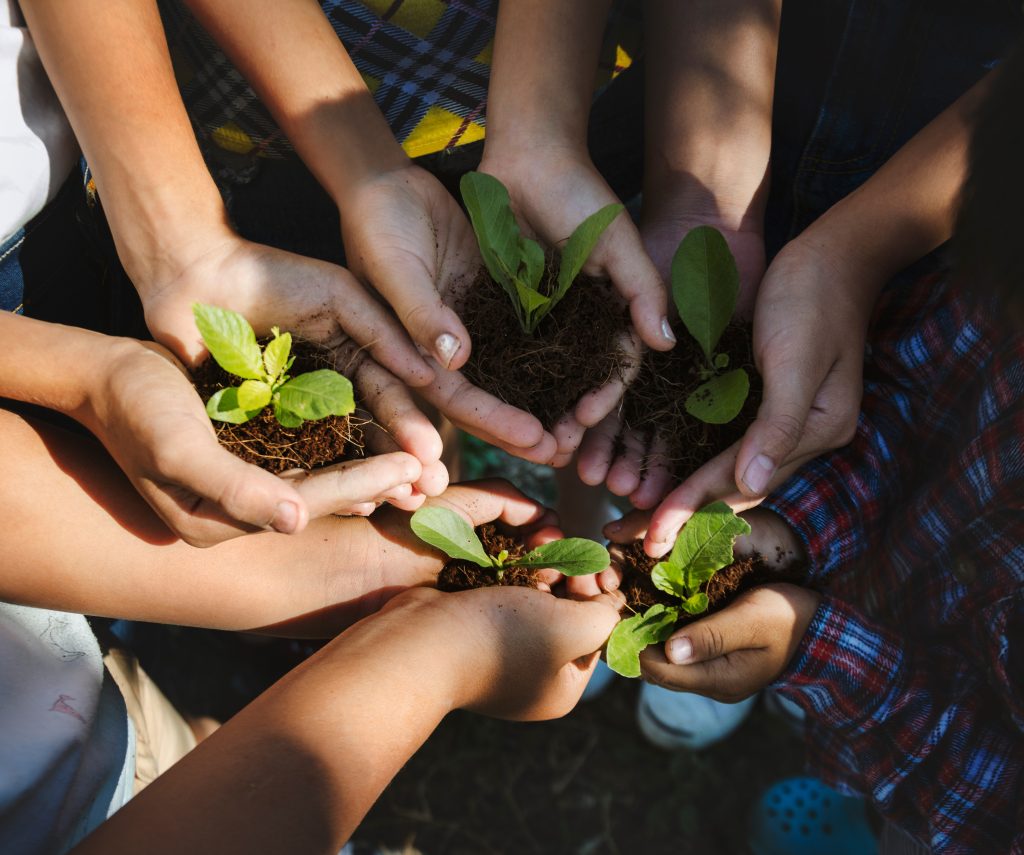As we mark World Environment Day 2019, Jennifer Kearns-Willerich argues that lifelong learning must be at the heart of our efforts to live sustainably

The significant gap between where we are today and where we want to be by 2030 is nowhere more evident that on the issue of climate change.
As the 2016 Global Education Monitoring Report, Education for people and planet: Creating sustainable futures for all, observed, the 2030 Agenda for Sustainable Development’s call for ‘urgent action on climate change’ to ‘support the needs of the present and future generations’, is some way from being heeded, with environmental sustainability a still-distant prospect and the gears of policy still seemingly stuck in neutral when it comes to the climate crisis.
Education and lifelong learning, the report contended, have a central role to play ‘in the creation of a green and inclusive economy with sustainable models of production and consumption, and new and retooled sectors, industries and jobs’. They also have an important part to play in changing hearts and minds and galvanizing political will.
The challenges are stark. Recent climate research predicts that global average temperatures are set to be somewhere between 3C and 4C higher by 2100. And while a 4C temperature rise might not seem much when you are sat in a chilly office in Hamburg, for the world, it is cataclysmic. It spells the end of life as we know it – think dead seas, uninhabitable cities, mass extinction of animal species, food scarcity, and an estimated 2 billion climate refugees.
The awful scale and urgency of the problem is encouraging a new generation of young activists onto the streets. Take, for example, Greta Thunberg, the 16-year-old climate activist whose speech to the 2018 United Nations Climate Change Conference went viral, prompting a wave of school climate strikes. Or last month’s European elections, in which Green politicians were the biggest winners – due in very large part to young voters.
‘We are now making the climate of 2100,’ warned a recent article in The Guardian. ‘However hard it seems to meet our emissions targets, it’ll be far harder for our children if we don’t. With international cooperation and regulation, we can make it livable.’
World Environment Day, marked every year since 1972 on 5 June, has an important role to play in this, raising awareness and urging individuals and governments to adopt a more sustainable approach. This is hugely important. And, of course, everyone can do something to protect the planet, whether individually, locally, regionally or nationally.
We need to build on and deepen the awareness the day creates, and lifelong learning is of critical importance. This can be through non-formal environmental education programmes in community-based settings, through advice on renewable energy or reducing household waste, or through support for cross-sectoral cooperation between government and the private sector.
But we need education to do more than highlight the importance of the issue of climate change and advise us in changing our behaviour, critical though that is. We also need education to support the development of creative solutions (as is sometimes said, the climate crisis is not just a practical crisis, but a crisis of imagination), to empower people to make change in their lives and communities, and to help create a new normal about sustainable living, including through openness to different ways of knowing and understanding, particularly those associated with indigenous knowledge and belief systems.
Lifelong learning creates spaces, physical and imaginative, in which this can happen. It cultivates collaborative, cross-sectoral thinking, and empowers people to become active agents of change in their communities. It raises people’s awareness of different points of view, fosters intergenerational understanding and supports collective action among different groups in society.
The climate crisis is perhaps the best argument we have for making lifelong learning the organizing principle and aspiration for education systems.
World Environment Day 2019 is about highlighting ways in which people can make changes to the ways in which they live. But it is also, and perhaps more importantly, about inspiring and supporting people in becoming active in demanding like changes in the way in which we organize our working lives and spaces, our communities and our societies. As the 2016 GEM report notes, we need nothing less than lifelong environmental education, embracing both formal and informal learning and encouraging interaction between people and their environments throughout their lives, if we are to develop the ‘competencies to reduce or stop unsustainable practices’ and to adapt to the consequences of our ‘overstepping of planetary boundaries’.
Jennifer Kearns-Willerich is a writer and editor who works in UIL’s Knowledge Management and Communications Unit
